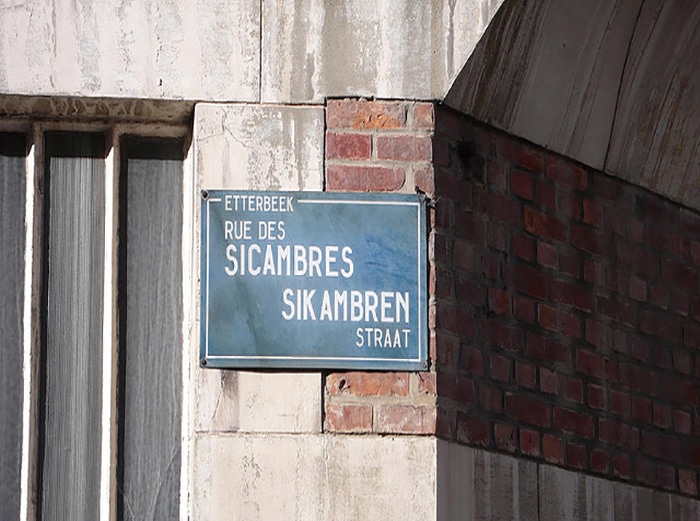Belgium, a translator’s paradise ? In this article, you can discover the reasons why the country is so appealing to translators and interpreters !
It’s sometimes hard to know how to describe Belgium—that small enclave nestled between France, Germany, Luxembourg and the Netherlands. With its 11 million inhabitants and three official languages—French, Dutch, and German—this famously flat country can sometimes be a linguistic and institutional quagmire. Yes, you read that right. That land of beer and chocolate has three—not two—official languages!
Belgium, divided between Flanders and Wallonie, includes three linguistic communities that correspond to the zones of the territory where the three languages are spoken: the Flemish community in the north, the French community in the south, and the Germanic community—representing less than 1% of the total population—along the border with Germany.
Only an estimated 39.5% of the population in this multilingual society speak both French and Dutch (Jonathan Van Parys, 2006), the country’s primary languages, thus creating a large market for translation and interpretation. Its capital, Brussels, obviously plays a key role in this sector.
Brussels, bilingual capital
Brussels is a special case. Sitting at the crossroads of French and Dutch, absolutely everything is translated in the capital, from road signs to administrative documents to advertisements, event announcements, and meetings of all kinds. For translators working between French and Dutch, there’s no better place to be. They are a critical link in the chain of communication between the various players in the metropolis.
Brussels, at the heart of Europe
Having said that, the translation market in this town also extends to other languages. As the capital of the European Union, Brussels is home to a large number of expats from around the world. It’s impossible to underestimate the importance that translators and interpreters play in this culturally and linguistically diverse environment. In addition to French and Dutch, you can also hear German, Arabic, Chinese, Spanish, and a host of other languages.
It goes without saying that this multiculturalism provides a true windfall for translators and interpreters. They are tasked with translating the many exchanges between foreign delegations, and their presence is indispensible at meetings of the numerous international institutions and organisations based in the capital. Brussels is a business hub and a center of European politics and negotiations. In this context, the representatives of the translation profession are the guardians of successful communication at the international level. On the other hand, the sector is critically lacking in professionals dealing in uncommon language pairs, such as French-Hindi or Dutch-Latvian.
Brussels, its inhabitants and national languages
For the inhabitants of Brussels, and more broadly for the Belgian population in general, knowing both of the country’s primary languages is highly recommend. Furthermore, mastery of French and Dutch is often required in business and professional fields.
But while bilingualism may be common in Belgium, not just anyone can slip into the role a translator! The fact is, translators have certain skills that not all bilingual speakers possess. For technical, medical, legal and institutional translations, calling on a professional in the desired language pair is a must.
Are you a translator looking for a new challenge? Belgium just might be the next stop for you!
Discover our translation agency and our Dutch and French translation services.



